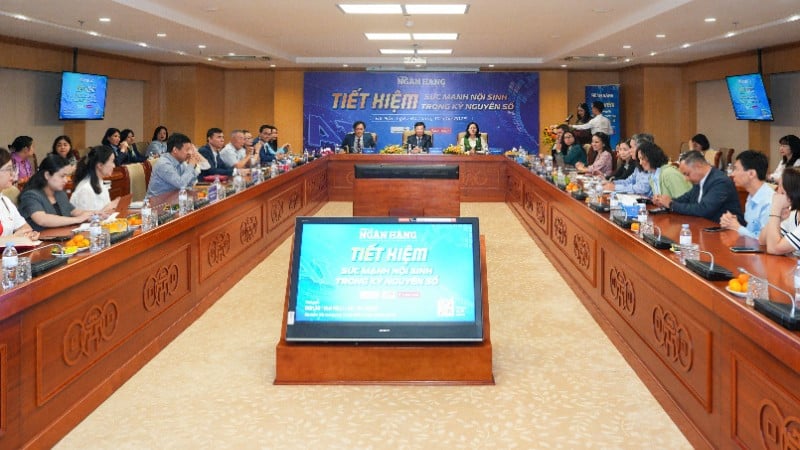
Speaking at the opening ceremony of the seminar "Savings - Endogenous strength in the digital age", organized by Banking Times on the morning of October 30 in Hanoi , Deputy Governor of the State Bank Pham Thanh Ha affirmed: Savings is not only a cultural beauty, but also an important driving force for the country's sustainable development.
Pillars of the national financial inclusion strategy
According to Deputy Governor of the State Bank Pham Thanh Ha, the seminar, held on the occasion of World Savings Day (October 31), is a meaningful activity, contributing to spreading the spirit of saving, encouraging people to form healthy financial habits, accumulate safely, invest effectively; at the same time, arousing a sense of responsibility in the economical and effective use of all resources from the State budget to the private sector and the whole society.
The Deputy Governor said that through the development periods, the spirit of saving has become a red thread throughout the management thinking and in every policy of the Party and the State. Along with the development process of the country, the savings capital of the population has been increasingly consolidated and affirmed its role as one of the important resources of the economy , contributing to maintaining stability and promoting growth. The banking system is the main intermediary channel, mobilizing and effectively allocating capital into production, business and development investment.
To date, residential deposits at credit institutions have reached about VND8 million billion, up nearly 13% over the same period last year. “This abundant financial resource has contributed significantly to maintaining Vietnam’s high GDP growth momentum and is a bright spot in the region, while also clearly demonstrating the effectiveness of promoting residential savings as an endogenous strength of the economy,” Deputy Governor Pham Thanh Ha stated.
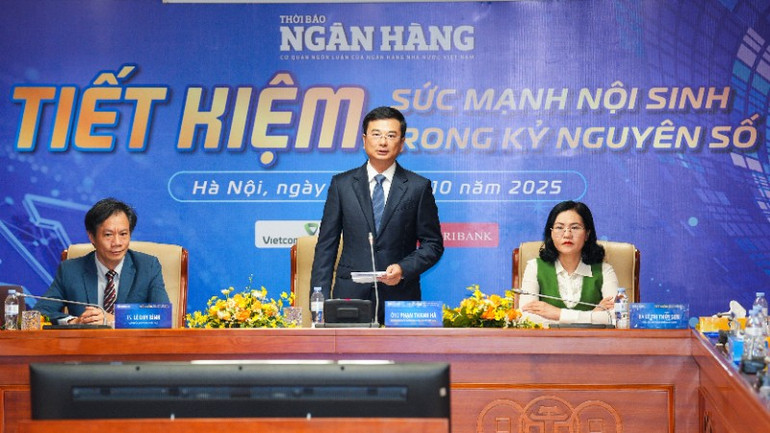
Meanwhile, according to Associate Professor, Dr. Chu Khanh Lan, Department of Forecasting and Statistics (State Bank), saving is not only an individual behavior but also an endogenous strength of the nation. In the National Financial Inclusion Strategy (Decision 149/QD-TTg, 2020), saving is identified as one of the five pillars of financial inclusion, along with payment, money transfer, credit and insurance. This strategy aims to have 25-30% of adults deposit savings at credit institutions by 2025, while expanding access to formal financial services, helping people avoid black credit, increasing financial management capacity and risk resilience.
From a policy perspective, the work of building and enforcing laws is considered a “breakthrough of breakthroughs”, the foundation for perfecting the institution of comprehensive financial development. Along with that, the financial supply network is expanding strongly with more than 10,800 commune cultural post offices, 3,000 transaction points at the People's Committees of communes, along with 81 Internet payment organizations and 51 mobile phone units. Initial results show that 87% of adults have bank accounts, 33% have savings deposits at credit institutions, and more than 86% trust the formal financial system. This is an important foundation for forming a modern and comprehensive savings culture, associated with digital transformation and economic integration.
Smart savings in the digital age
In the context of a volatile world economy, increasingly fierce competition for resources, shrinking international capital sources, and increasing capital costs, promoting internal strength, saving, and effectively using domestic resources are more strategically important than ever. For that reason, saving is not only a traditional value, but has become a development requirement, a foundation for strengthening national financial strength, ensuring macroeconomic stability, and increasing economic resilience. The context of strong digital transformation also makes saving not only a financial accumulation, but also a way to effectively use resources for innovation and investment in the future.
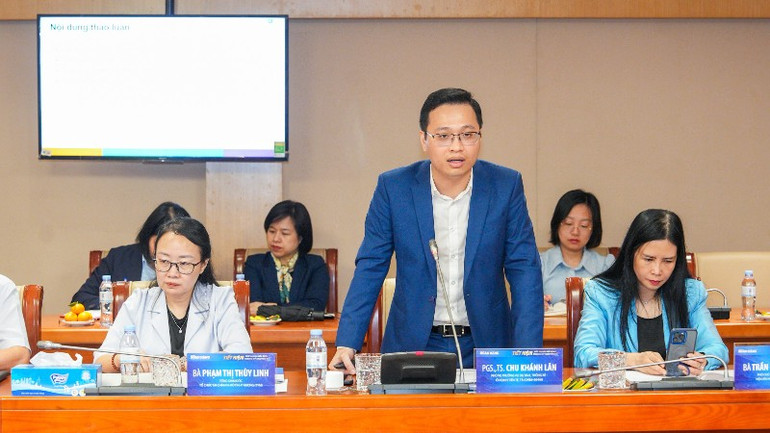
Deputy Governor Pham Thanh Ha emphasized that digital transformation is opening up a new form of savings, which is smart savings. Currently, more than 95% of people's transactions are conducted through digital channels, non-cash payments increase by an average of more than 45%/year, helping to save tens of thousands of billions of VND in social costs each year. Online savings and flexible savings products have been created not only to help people deposit money conveniently and safely, but also to help banks increase the rate of non-term deposits (CASA), reduce capital costs and create conditions to reduce lending interest rates, supporting businesses and the economy.
From a broader perspective, Associate Professor, Dr. Chu Khanh Lan also said: Applying science and technology not only expands financial access, but also serves as a bridge to help all people participate in the flow of economic and social development in a fair and sustainable manner. That shows that saving in the new era is not just an act of accumulation, but also an innovation in awareness and the way of using resources, helping to create added value, reduce waste and improve social productivity.
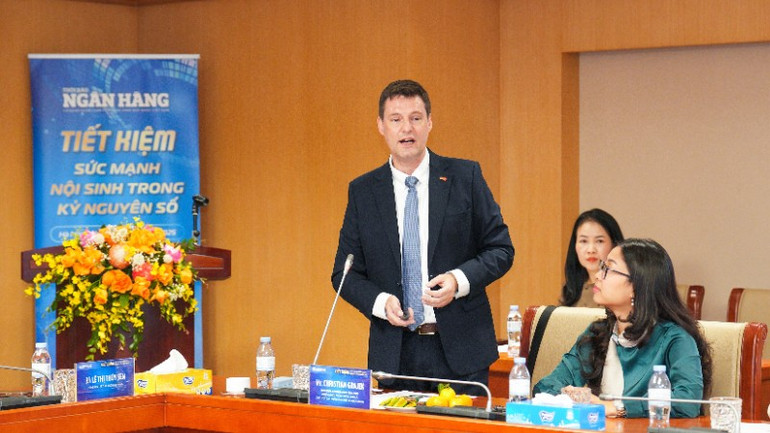
“To encourage and expand a sustainable savings culture, we need to move from short-term campaigns to long-term goals, turning savings into a habit in daily life. Sustainable behavioral change will be most effective if it starts early, right in childhood and adolescence,” Christian Grajek, Head of Regional Coordination for Asia, German Savings Banks International Cooperation Foundation (DSIK), shared his opinion at the discussion. At the same time, Mr. Christian Grajek also emphasized that early financial education is the foundation for forming sustainable savings habits.
According to Mr. Christian Grajek, to build a sustainable financial ecosystem, the Government, the financial sector and social organizations need to coordinate closely. The State needs to create a stable policy framework, protect depositors and encourage banking models that serve the community; while banks, especially savings and microfinance banks, need to use financial education as a tool to attract and retain customers and increase trust through comprehensive advice and consumer protection...
Source: https://nhandan.vn/tiet-kiem-suc-manh-noi-sinh-trong-ky-nguyen-so-post919188.html


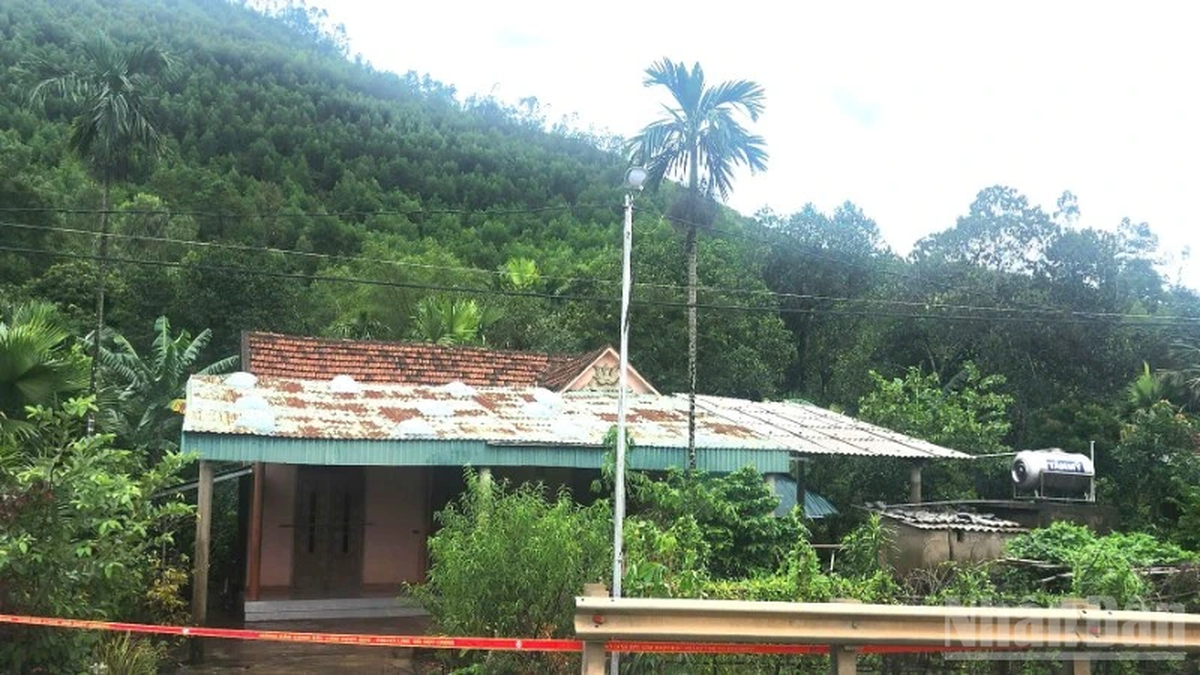
![[Photo] General Secretary To Lam attends the Vietnam-UK High-Level Economic Conference](https://vphoto.vietnam.vn/thumb/1200x675/vietnam/resource/IMAGE/2025/10/30/1761825773922_anh-1-3371-jpg.webp)
![[Photo] The Third Patriotic Emulation Congress of the Central Internal Affairs Commission](https://vphoto.vietnam.vn/thumb/1200x675/vietnam/resource/IMAGE/2025/10/30/1761831176178_dh-thi-dua-yeu-nuoc-5076-2710-jpg.webp)
![[Photo] National Assembly Chairman Tran Thanh Man receives foreign ambassadors who came to say goodbye](https://vphoto.vietnam.vn/thumb/1200x675/vietnam/resource/IMAGE/2025/10/30/1761820977744_ndo_br_1-jpg.webp)
![[Photo] General Secretary To Lam meets former British Prime Minister Tony Blair](https://vphoto.vietnam.vn/thumb/1200x675/vietnam/resource/IMAGE/2025/10/30/1761821573624_tbt-tl1-jpg.webp)
![[Photo] Touching scene of thousands of people saving the embankment from the raging water](https://vphoto.vietnam.vn/thumb/1200x675/vietnam/resource/IMAGE/2025/10/30/1761825173837_ndo_br_ho-de-3-jpg.webp)
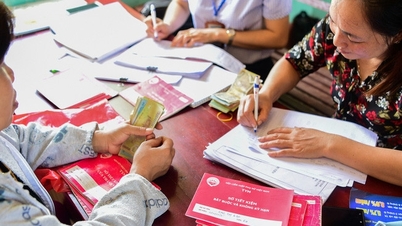





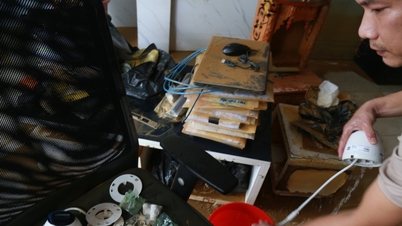








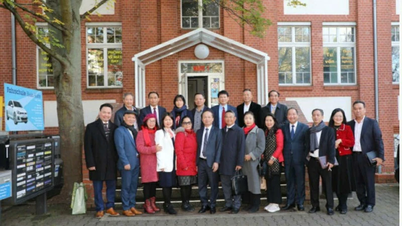

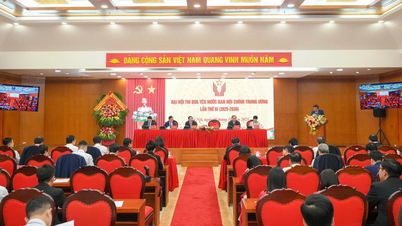

![[Photo] The Third Patriotic Emulation Congress of the Central Internal Affairs Commission](https://vphoto.vietnam.vn/thumb/402x226/vietnam/resource/IMAGE/2025/10/30/1761831176178_dh-thi-dua-yeu-nuoc-5076-2710-jpg.webp)














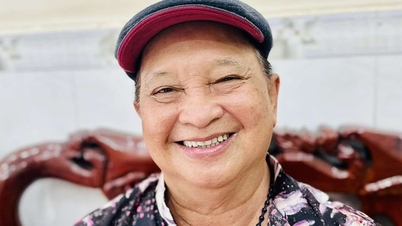






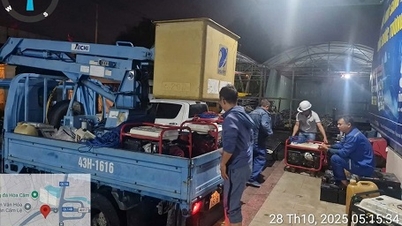



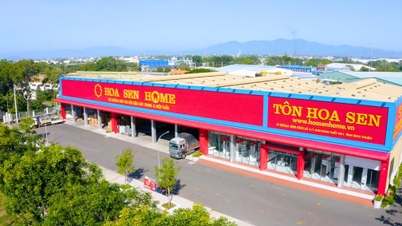











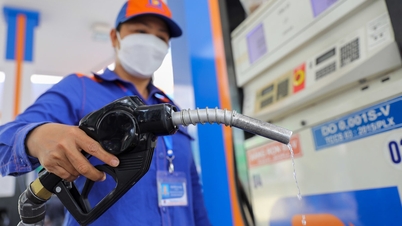


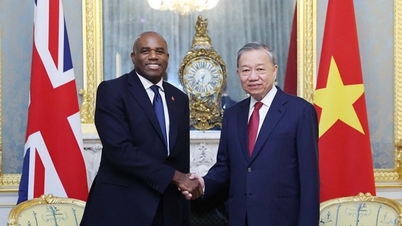
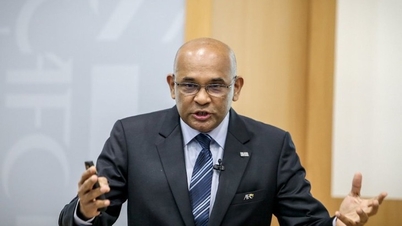
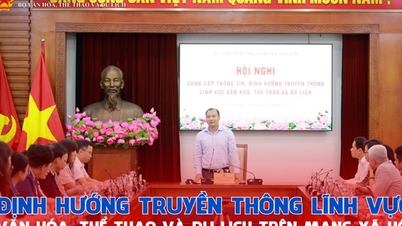
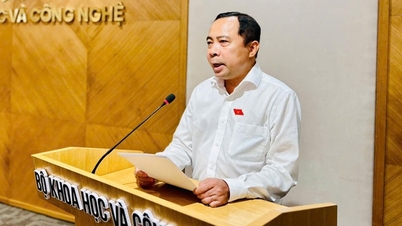

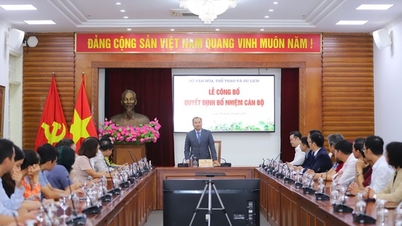



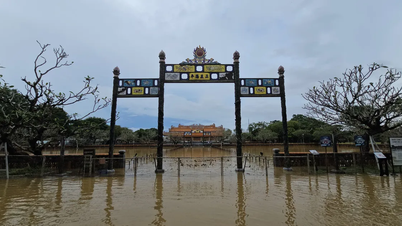



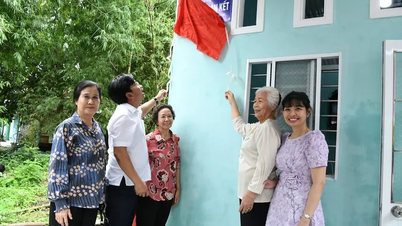

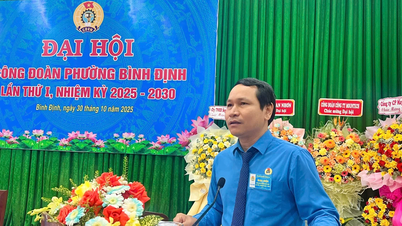




















Comment (0)